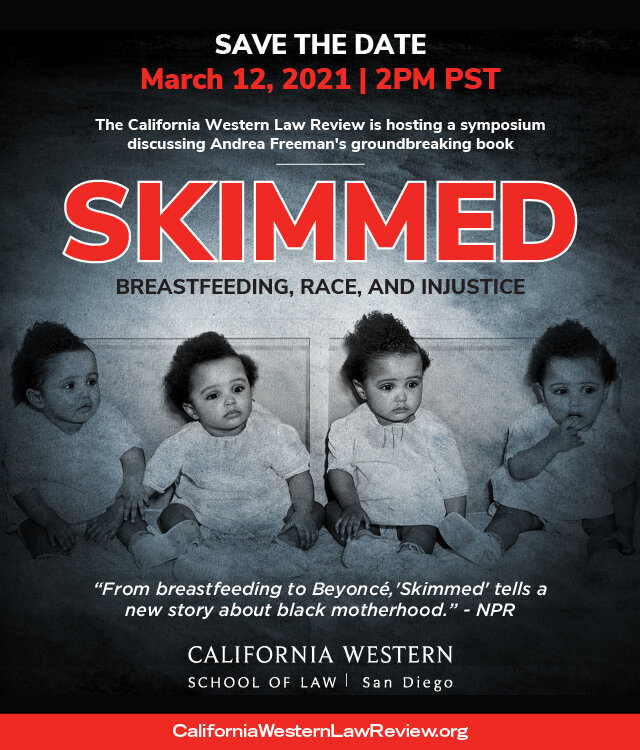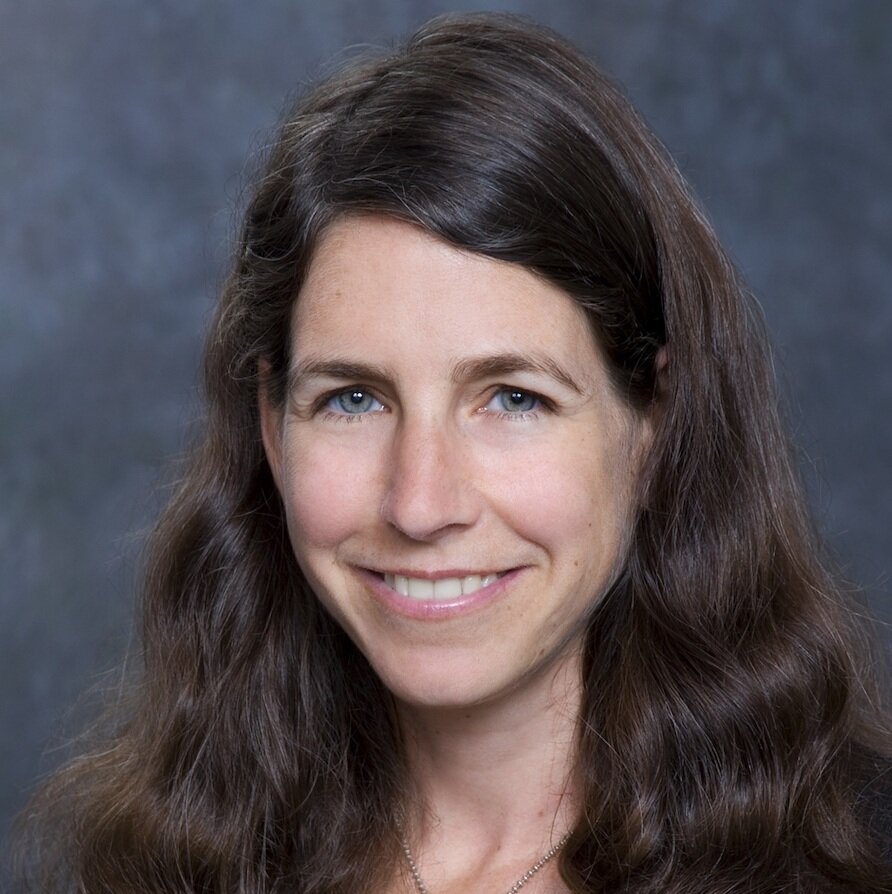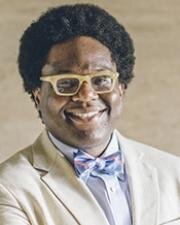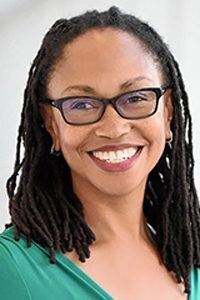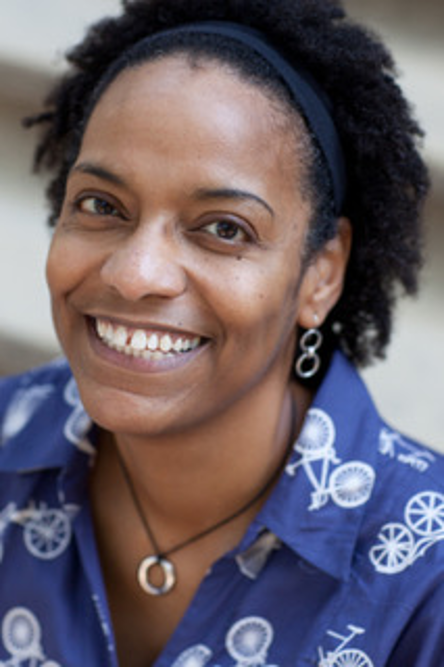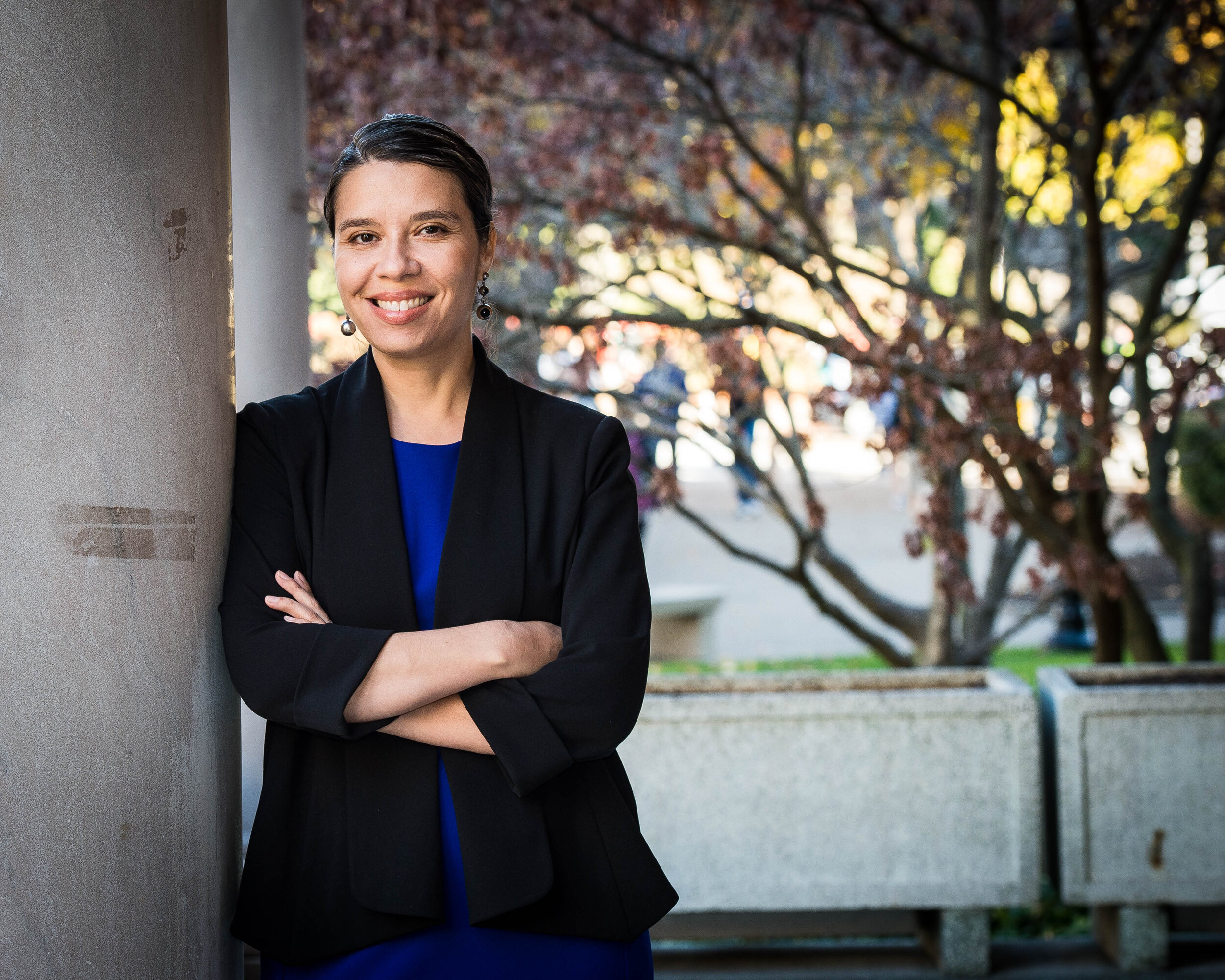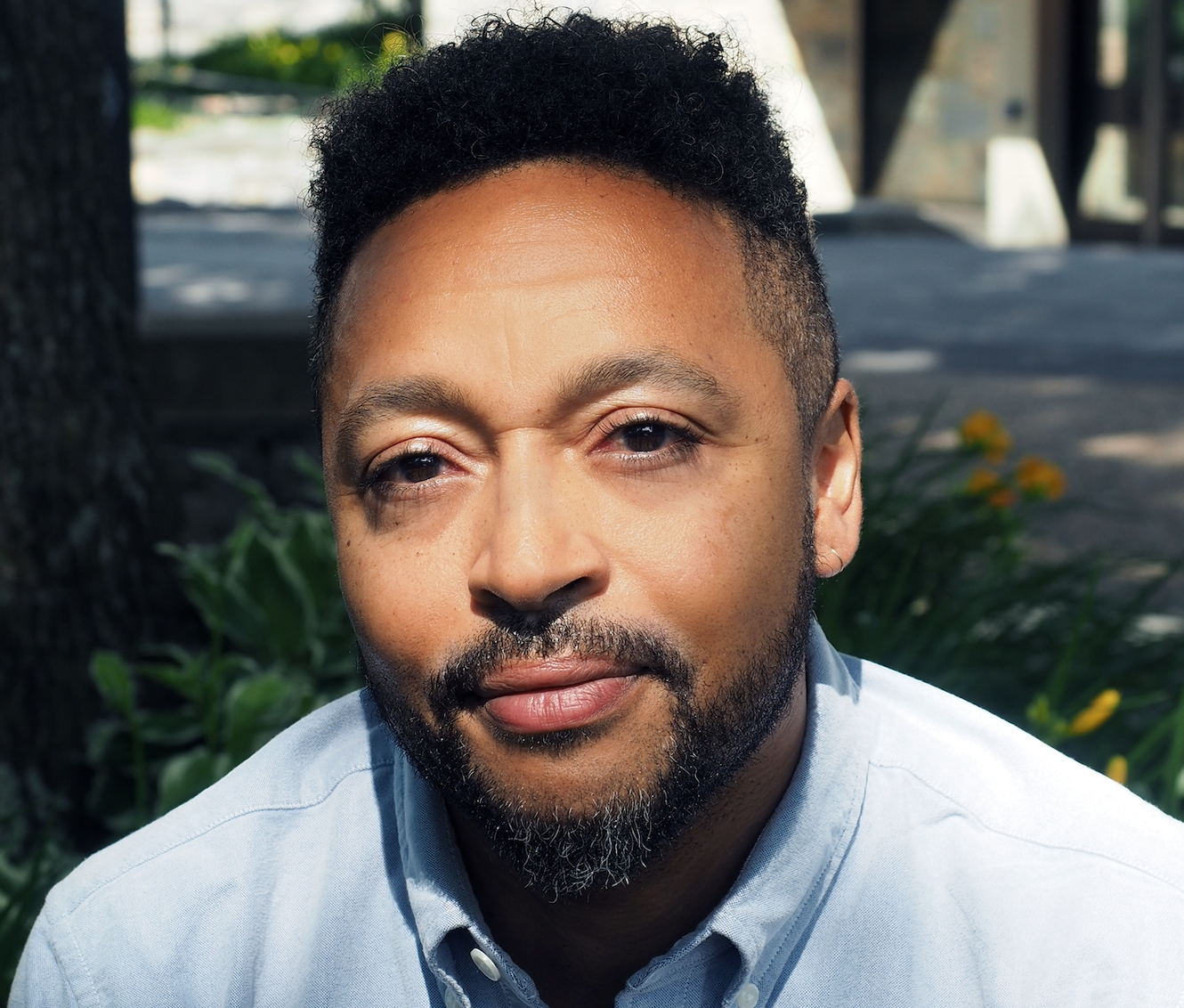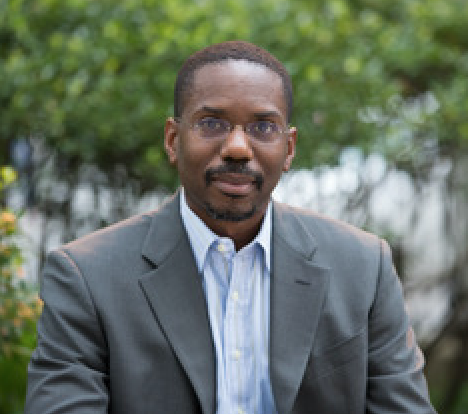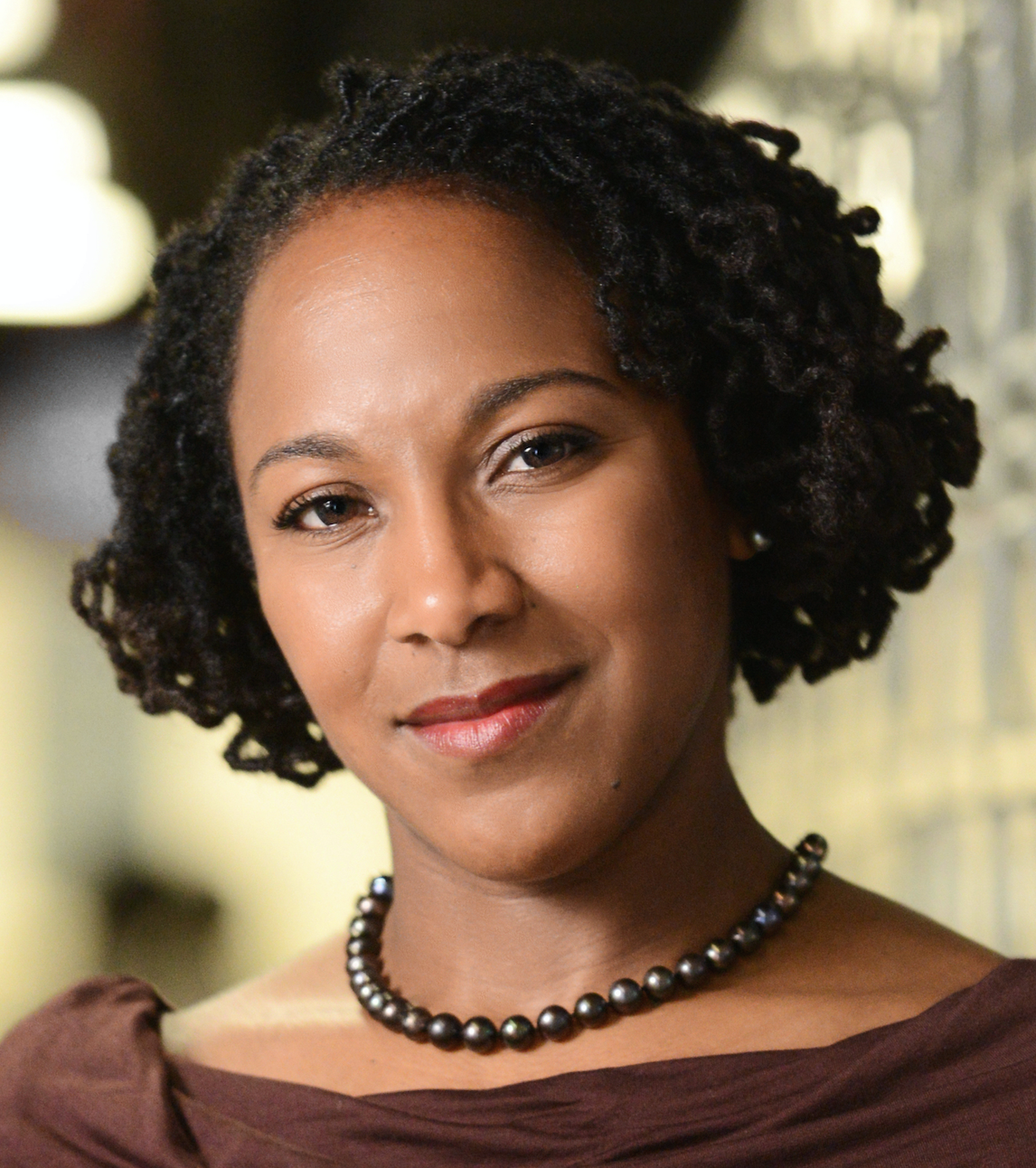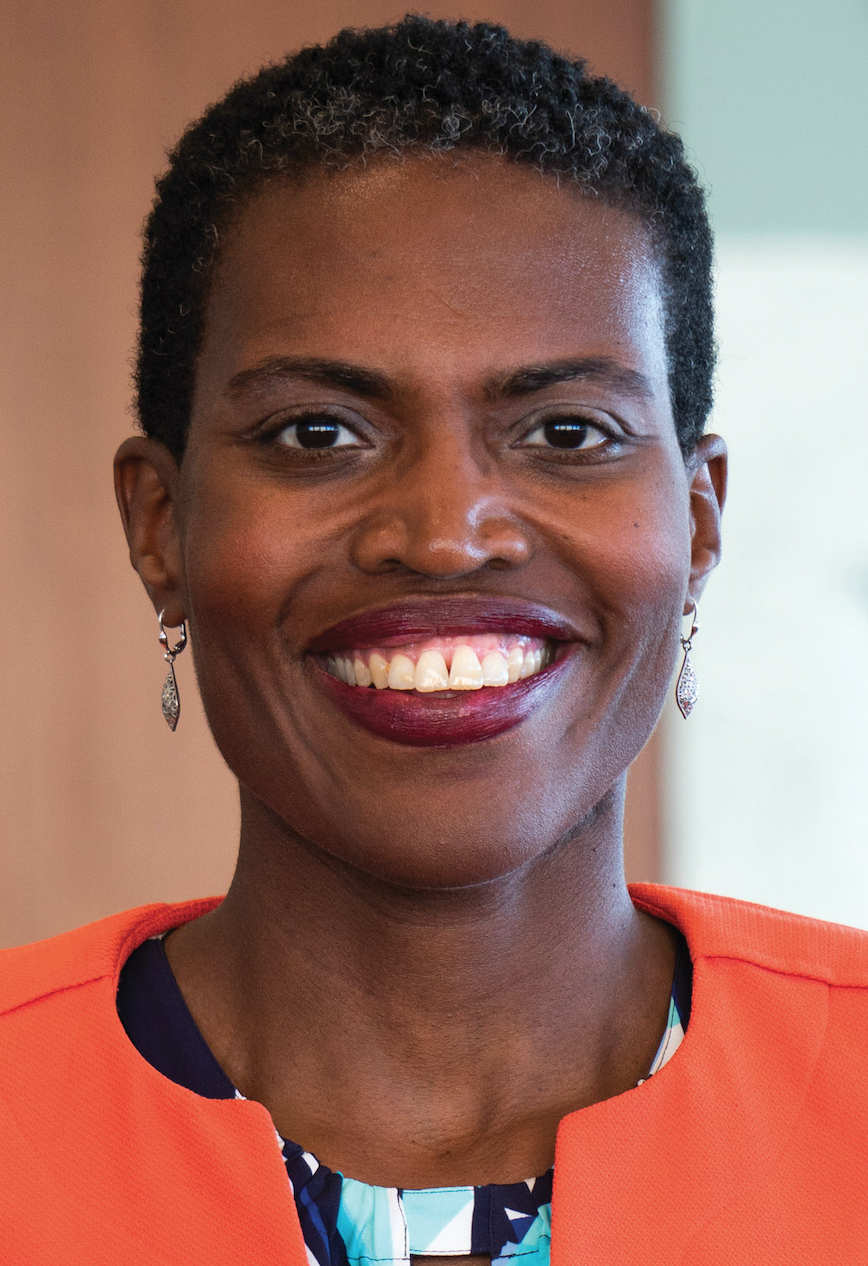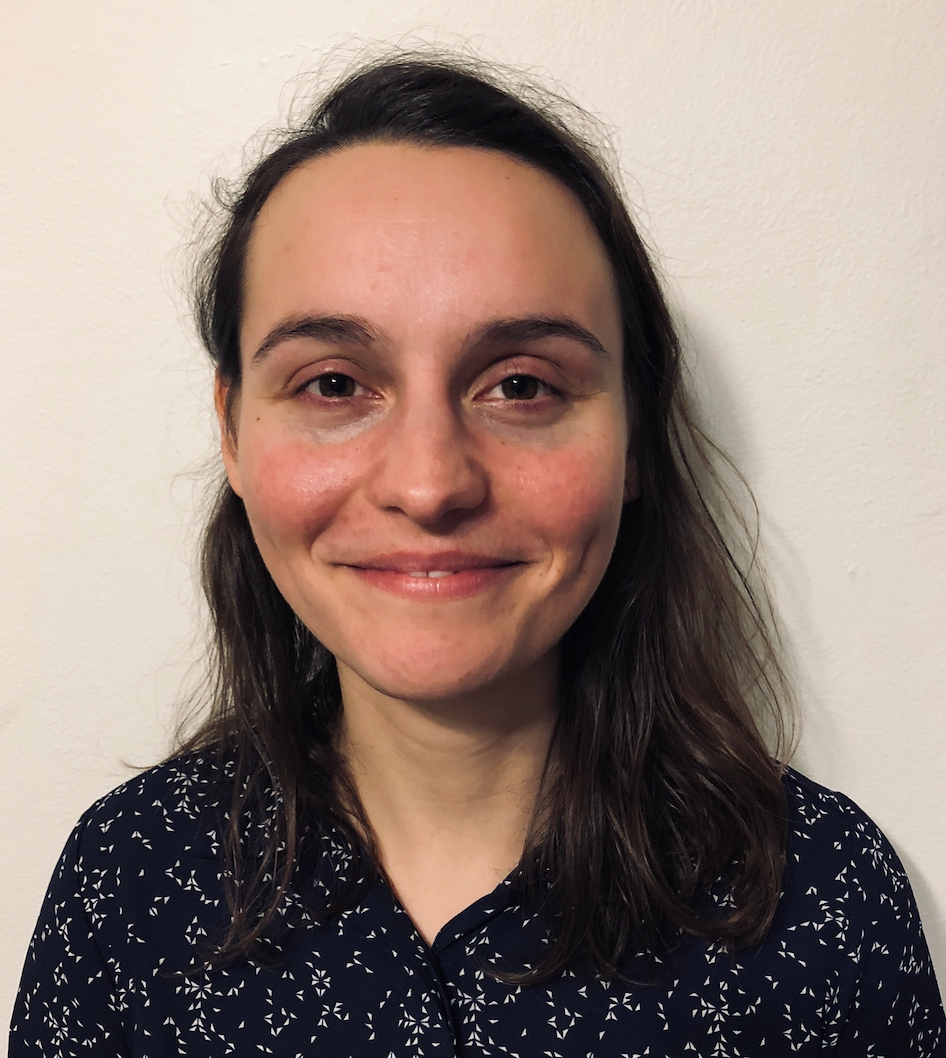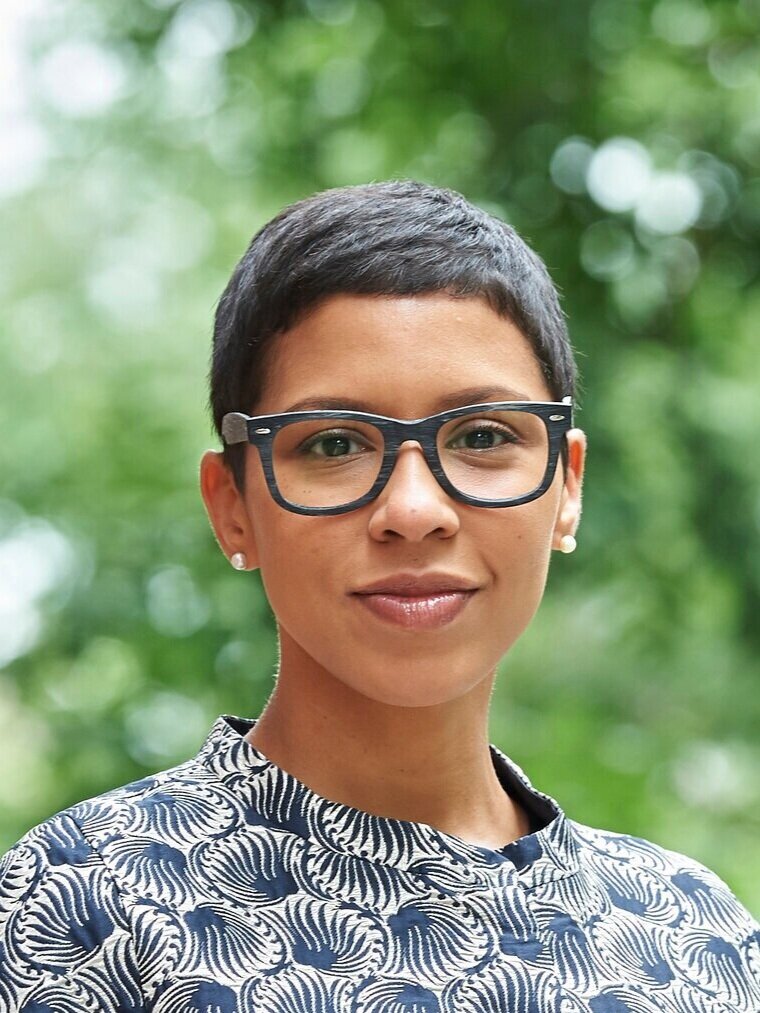Explore the latest scholarly articles, case commentaries, and legal analyses in the California Western Law Review. As a prestigious legal periodical, we are committed to fostering a community of academic excellence, contributing insightful discourse to the evolving field of law. Discover fresh perspectives, innovative theories, and the seminal works of seasoned professionals and budding legal minds alike. Join us in shaping the narrative of modern jurisprudence.
Andrea Freeman’s Skimmed: Breastfeeding, Race, and Injustice raises many important questions and intersects with a number of different fields, including but not limited to, food law and policy, Critical Race Theory, health and reproductive rights, and feminist theory. We have invited experts from these relevant fields to engage with Professor Freeman’s book through remarks and/or papers they have prepared specifically for this symposium.
Our commitment to helping to create conversations with the people raising and engaging with important issues is stronger now than ever and perhaps even more necessary. The Skimmed symposium promises to be evocative as well as diverse in terms of the points of view and opinions expressed.
When?
March 12, 2021, 2:00–4:00 p.m. PST
Where?
Zoom
Schedule
Introduction: Sean Scott, California Western President and Dean
Keynote Speaker: Professor Andrea Freeman
Panelist Speakers:
Melissa Murray
ForewordAziza Ahmed
Bennett Capers
“And They Took My Milk!”Anthony Kwame Harrison
Using Black Lives As If They Don’t Matter: The Famous Four and Other Serious Stories of Capitalism and White SupremacyRobin A. Lenhardt and Kimani Paul-Emile
Skimmed Milk: Reflections on Race, Health, and What Families Tell Us About Structural RacismOsagie K. Obasogie
Jessica Dixon Weaver
Tonya L. Brito and Sofia Jonas
Breastfeeding, Race and Mutual AidErnesto Hernández-López
Food Oppression: Lessons from Skimmed for a PandemicJasmine Gonzales Rose
Desnatada: Latina Illumination on Breastfeeding, Race, and InjusticeRuqalijah Yearby
Employment Discrimination, Breastfeeding, and Health Justice
Questions and Answer Session
Closing Remarks: Professor Andrea Freeman
Closing Remarks: CWSL Law Review
Speakers
Andrea Freeman
Andrea Freeman is Professor of Law at the University of Hawaii William S. Richardson School of Law. As the 2020-21 Fulbright King's College London Research Scholar, she will study food inequality in the UK. Freeman writes and researches at the intersection of critical race theory and food policy, health, and consumer credit. She is the author of Skimmed: Breastfeeding, Race, and Injustice (Stanford University Press 2019), a forthcoming book, Food Oppression, two book chapters, and a dozen law review articles. She teaches Constitutional Law, Federal Courts, Race and Law, Food Law and Policy, and Comparative Social Justice and Constitutional Law. In Spring 2017, she visited at UC Berkeley School of Law. In Summer 2018, she was the Distinguished Scholar of Sustainable Agriculture and Food Systems at Vermont Law School. She serves on the Litigation Committee of the Hawai'i chapter of the American Civil Liberties Union, as Chair-Elect of the AALS Constitutional Law section and is a Founding Member of the Academy of Food Law and Policy. After graduating from U.C. Berkeley School of Law, she clerked for Judge Jon O. Newman of the Second Circuit and former chief Judge José A. Fusté in the District of Puerto Rico.
Ernesto hernandez-lopez
Ernesto Hernández-López is a Professor of Law at the Fowler School of Law at Chapman University. His most recent blog post “Films that resist” examines race, gender, class, and resistance in Global South films. He researches food law, international law, and post-colonialism. Ernesto has published in the UC Irvine Law Review, ASU Law Journal, SMU Law Review, Seton Hall Law Review, Vanderbilt Journal of Transnational Law, World Trade Law, and European and South American journals. His op-eds appear in the Chicago Tribune, Orange County Register, U-T San Diego, La Opinión and Hoy. His research has been presented at Third World Approaches to International Law (TWAIL), Harvard Law Institute for Global Law and Policy (IGLP), Re-Orienting Whiteness Conference, UCLA Critical Race Studies Symposium, Law and Society Association, Law Culture & Humanities, AALS, ASIL, LatCrit, and ClassCrits. He served as an International Relations Professor at the Universidad del Rosario and the Universidad Javeriana, both in Colombia. He has served on the Executive Committee of the AALS Section on Minority Groups and Section on Agriculture and Food. He earned a JD from the George Washington University School of Law, MA with Academic Excellence in Latin American Studies from Georgetown University, and BA with a double major in Latin American Studies (Honors) and History from the University of Texas at Austin. Ernesto is a native speaker and writer of English and Spanish, fluent in Portuguese, and proficient in French. He teaches Contracts I & II, Immigration Law, Food Law, National Security Law, and undergraduate film and politics seminars.
Osagie K. Obasogie
Osagie K. Obasogie is the Haas Distinguished Chair and Professor of Bioethics at the University of California, Berkeley, in the Joint Medical Program and School of Public Health. Obasogie’s scholarly interests include Constitutional law, policing and police use of force, sociology of law, bioethics, race and inequality in law and medicine, and reproductive and genetic technologies. His writings have spanned both academic and public audiences, with journal articles in venues such as Cornell Law Review, California Law Review (forthcoming), Law & Society Review, University of Pennsylvania Journal of Constitutional Law, Stanford Technology Law Review, and the Journal of Law, Medicine, and Ethics along with commentaries in outlets including the The New York Times, The Washington Post, The Atlantic, Slate, Los Angeles Times, Boston Globe, and New Scientist. His first book, Blinded By Sight: Seeing Race Through the Eyes of the Blind (Stanford University Press) was awarded the Herbert Jacob Book Prize by the Law and Society Association. His second book, Beyond Bioethics: Toward a New Biopolitics (co-edited with Marcy Darnovsky, University of California Press) is an edited volume that examines the past, present, and future of bioethics. Obasogie received his B.A. in Sociology and Political Science (with distinction in both majors) from Yale University, his J.D. from Columbia Law School where he was a Harlan Fiske Stone Scholar, and his Ph.D. in Sociology from the University of California, Berkeley where he was a fellow with the National Science Foundation.
Robin A. Lenhardt
Robin A. Lenhardt is Professor of Law at Georgetown Law and was formerly a Professor of Law and Faculty Director of the Center on Race, Law and Justice at Fordham Law School. Professor Lenhardt specializes in matters pertaining to race, family, and citizenship. In addition to Fordham, she has held teaching positions at Columbia Law School, the Georgetown University Law Center, and the University of Chicago Law School. Before entering legal academia, Professor Lenhardt held a number of positions in the private and non-profit sectors. A law clerk to U.S. Supreme Court Justice Stephen G. Breyer and Judge Hugh Bownes of the U.S. Court of Appeals for the First Circuit, Professor Lenhardt was formerly a Counsel in the Washington, D.C. office of Wilmer, Cutler & Pickering, where she was a member of the litigation team that defended the University of Michigan in the Grutter v. Bollinger and Gratz v. Bollinger affirmative action lawsuits. Professor Lenhardt received a Skadden Foundation Fellowship to work as a staff attorney for the National Lawyers’ Committee for Civil Rights and was employed as an attorney advisor in the U.S. Department of Justice’s Office of Legal Counsel. She later returned to DOJ to review civil rights issues as part of President Barack Obama’s transition team. Professor Lenhardt’s scholarship has appeared in numerous books and journals, including the California Law Review, the New York University Law Review, and the UCLA Law Review. Professor Lenhardt is currently co-editor of a book entitled Critical Race Judgements: U.S. Opinions on Race and Law that will be published by Cambridge University Press. She holds an A.B. degree in English from Brown University; a JD from Harvard Law School; an MPA from Harvard University’s John F. Kennedy School of Government; and an LLM from the Georgetown University Law Center.
Tonya L. Brito
Tonya L. Brito is the Jefferson Burrus-Bascom Professor of Law at University of Wisconsin Law School and a Faculty Affiliate with UW’s Institute for Research on Poverty. She previously served as the UW Law School’s Associate Dean for Research and Faculty Development and as Director of its Institute for Legal Studies. Her research interests include access to justice, family law and policy, law and inequality, socio-legal studies, critical race empiricism, and qualitative research methods. An award-winning scholar, Professor Brito's scholarship critically examines the role of the civil justice system in exacerbating social inequality and the intersection of family law and poverty law. She is the principal investigator of a multi-year, multidisciplinary empirical study examining how the provision of counsel and more limited forms of legal assistance shapes access to justice for low-income civil litigants in family court. Her research is supported by the Russell Sage Foundation, the National Science Foundation’s Law and Social Sciences Program, and numerous other funders. In 2016, the Law and Society Association awarded Professor Brito the John Hope Franklin Prize Honorable Mention, which is given for the best scholarly article on Race, Racism and the Law published within the prior two years. She is a recipient of both the University of Wisconsin-Madison’s 2012 Outstanding Women of Color in Education Award and the University of Wisconsin System’s 2012 Outstanding Women of Color in Education Award. Professor Brito received her A.B with honors Barnard College and her J.D. cum laude from Harvard Law School.
Jessica Dixon Weaver
Jessica Dixon Weaver is an Associate Professor at Southern Methodist University Dedman School of Law where she teaches Family Law, Advanced Family Law, Professional Responsibility, and Children and the Law. She received her B.A. from the University of Pennsylvania and her J.D. from the University of Virginia School of Law. Professor Weaver served as the first Director of the W.W. Caruth, Jr. Child Advocacy Clinic at SMU from 2002 - 2009. She joined the tenure track faculty in 2009 and became the first African American female to earn tenure at the law school in 2015. Professor Weaver is an expert in child welfare law and public policy, and much of her scholarship focuses on theorizing methods for improvement of the legal systems and policies affecting families and children. Her current research and scholarship focuses on the historical and current impact of race and gender on family construction and state regulation of the family. She also theorizes about intergenerational caregiving for children and senior citizens. She is the co-author of three books, Family Law Simulations: Bridge to Practice (West Academic, 2021), Adoption Law: Theory, Policy, and Practice, 3rd ed. (Hein, forthcoming 2021), and Contemporary Family Law, 6th ed. (West Academic, forthcoming 2023). She was recently awarded the 2019-20 and 2020-21 Robert G. Storey Distinguished Faculty Research Fellowship from SMU Dedman School of Law, and the 2019 Gerald D. Ford Senior Research Fellowship, a University-wide award.
Jasmine Gonzales Rose
Jasmine Gonzales Rose is a Professor at Boston University School of Law and the Associate Director of Policy at the BU Center for Antiracist Research founded by Ibram X. Kendi in July 2020. Prior to joining Boston University, she taught at the University of Pittsburgh and, briefly as a teaching fellow, at California Western School of Law. She is a critical proceduralist and is particularly interested in the intersections of racism and linguicism within two areas: juries and evidence. She is a leading criticalist voice on Evidence Law, with a focus on the evidentiary issues raised by racialized police violence. She is also an expert on juror language disenfranchisement.
Professor Gonzales Rose’s scholarship has appeared in several journals, including the Minnesota Law Review, Wisconsin Law Review, Hastings Law Journal, Harvard Civil Rights-Civil Liberties Law Review, and New York University Review of Law and Social Change. Her scholarship is also forthcoming in several books, including the Oxford Handbook on Race and Law in the United States, NOMOS LX: Truth and Evidence, A Guide to Civil Procedure: Integrating Critical Legal Perspectives, and Philosophical Foundations of the Law of Evidence.
Professor Gonzales Rose is an award-winning teacher who has taught courses on Evidence; Criminal Law; Race and the Law; Latinxs and the Law; Civil Procedure; Civil Rights Law; and Complex Litigation for Social Change. She is a graduate of Harvard Law School, where she served as an editor-in-chief of the Harvard Latinx Law Review and a member of the Harvard Legal Aid Bureau. She clerked for Judge Héctor M. Laffitte of the U.S. District Court for the District of Puerto Rico and Judge Damon J. Keith of the U.S. Court of Appeals for the Sixth Circuit. She has worked for a variety of nonprofit and governmental organizations on issues of civil and human rights and currently serves on the Abolitionist Law Center Board and the Supreme Judicial Court Advisory Committee on Massachusetts Evidence Law.
Aziza Ahmed
Professor Aziza Ahmed is an expert in health law, criminal law, gender and family law, and social movements. Her scholarship examines how the legal and political landscape (both in the U.S. and globally) impacts healthcare. From 2017-2018, Ahmed was a fellow with the Program in Law and Public Affairs (LAPA) at Princeton University. Her current book project, tentatively titled “Women Don’t Get AIDS, They Just Die From It”: Law, Science, and Feminism in an Epidemic, forthcoming with Cambridge University Press, examines how women’s health advocates altered the scientific and regulatory response to AIDS. She is also working on a co-edited volume on Race, Racism and the Law with Guy-Uriel Charles. Professor Ahmed has also written extensively on topics including abortion, family law, and the regulation of clinical trials.
Professor Ahmed has taught Property Law, Health Law, Reproductive and Sexual Health and Rights, International Health Law: Governance, Development and Rights, and Race and the Law.
Professor Ahmed’s scholarship has appeared in many journals including the Wisconsin Law Review, Boston University Law Review, University of Miami Law Review, Harvard Journal of Law and Gender, The Journal of Law, Medicine, and Ethics, and the American Journal of Law and Medicine.
Prior to joining the legal academy, Professor Ahmed was a research associate at the Harvard School of Public Health Program on International Health and Human Rights. She came to that position after a Women’s Law and Public Policy Fellowship with the International Community of Women Living with HIV/AIDS (ICW).
Professor Ahmed has also consulted with various United Nations agencies and international and domestic non-governmental organizations. She was a member of the Technical Advisory Group on HIV and the Law convened by the United Nations Development Programme (UNDP) and has been an expert advisor for many institutions, including the American Bar Association, UN Women, and UNDP. In 2016, she was appointed to serve a three-year term on the advisory board of the Northeastern University Humanities Center.
In addition to her BA from Emory University and JD from UC Berkeley School of Law, Professor Ahmed holds an MS in population and international health from the Harvard School of Public Health.
Anthony Kwame Harrison
Anthony Kwame Harrison is the Edward S. Diggs Professor in Humanities and Professor of Sociology, with a joint appointment in Africana Studies, at Virginia Tech. He holds a Ph.D. in Cultural Anthropology. His areas of research include racial identification, the racialized construction of social space, Black creative practices, and qualitative research methodologies. He is author of two books—Hip Hop Underground (Temple University Press, 2009) and Ethnography (Oxford University Press, 2018)—and co-edited Race in the Marketplace: Crossing Critical Boundaries (Palgrave Macmillan, 2019) and Standpoints: Black Feminist Knowledges (Virginia Tech Publishing, 2019). Kwame is a member of the advisory board for the Race in the Marketplace (RIM) research network.
Bennett Capers
In Fall 2020, Professor Bennett Capers joined Fordham Law School, where he teaches Evidence, Criminal Law, and Criminal Procedure, and is also the Director of the Center on Race, Law, and Justice. A former federal prosecutor, his academic interests include the relationship between race, gender, technology, and criminal justice, and he is a prolific writer on these topics. His articles and essays have been published or are forthcoming in the California Law Review (twice), Columbia Law Review, Cornell Law Review, Fordham Law Review, New York University Law Review, Michigan Law Review, and UCLA Law Review, among others. In addition to co-editing the forthcoming Critical Race Judgments: Rewritten U.S. Court Opinions on Race and Law (Cambridge University Press) and Feminist Judgments: Rewritten Criminal Law Opinions (Cambridge University Press), he also has a forthcoming book about prosecutors, The Prosecutor’s Turn (Metropolitan Books). His commentary and op-eds have appeared in the New York Times, Washington Post, and other journals.
He has thrice been voted Teacher of the Year, is an elected member of the American Law Institute, a Director of Research for the Uniform Laws Commission, and has served as Chair of the AALS Criminal Justice Section and Chair of the AALS Law and Humanities Section. Governor Cuomo has twice appointed him to serve on judicial screening committees. He has also served for several years as a Commissioner on the NYC Civilian Complaint Review Board.
Kimani Paul-Emile
Kimani Paul-Emile is a Professor of Law, Associate Director and Head of Domestic Programs and Initiatives at Fordham Law School’s Center on Race, Law & Justice, and faculty co-director of the Fordham Law School Stein Center for Law & Ethics. Dr. Paul-Emile specializes in the areas of law & biomedical ethics, health law, anti-discrimination law, and race and the law.
Dr. Paul-Emile’s award-winning scholarship has been published widely in such journals as the Virginia Law Review, Georgetown Law Journal, UCLA Law Review, George Washington Law Review, New England Journal of Medicine, Journal of the American Medical Association (JAMA), and Annals of Internal Medicine, among others. For her article, Blackness as Disability?, Dr. Paul-Emile received the Law and Society Association’s 2019 John Hope Franklin Prize, awarded for “exceptional scholarship in the field of Race, Racism and the Law.” Her co-authored article on the clinical, ethical, and legal challenges attendant to dealing with racist patients in the hospital setting has been viewed over 149,000 times, placing it in the 99th percentile of articles published in the New England Journal of Medicine, and 99th percentile of all medical journals. Dr. Paul-Emile’s scholarship has appeared in or been covered by national and international news organizations and other outlets, including the New York Times, Wall Street Journal, Washington Post, National Public Radio, CBS News, MSNBC, CNN, Newsweek, and The Guardian.
In 2020, Dr. Paul-Emile was selected to serve as a Law and Public Affairs (LAPA) Fellow at Princeton University for the 2020-2021 academic year. She is also currently a member of the National Academies of Sciences, Engineering and Medicine’s Committee on Science, Technology, and Law. In 2017, Dr. Paul-Emile was awarded a Making a Difference in Real World Bioethics Dilemmas Grant by the Greenwall Foundation for 2017-2019; and in 2013, the foundation chose her to receive a Faculty Scholars Award in Bioethics: an award intended to enable outstanding junior faculty members to conduct original research to help resolve important policy and clinical dilemmas at the intersection of ethics and the life sciences. In 2012, she was awarded a Public Health Law Research Grant from the Robert Wood Johnson Foundation, the nation’s leading philanthropy on health and health care.
Prior to pursuing her doctoral degree, Dr. Paul-Emile served as associate counsel at the Brennan Center for Justice at New York University School of Law, and practiced civil rights law at the Center for Constitutional Rights, where she was a National Association for Public Interest Law (now Equal Justice Works) Fellow and later the William Moses Kunstler Fellow for Racial Justice. She also served as senior faculty development consultant at the New York University Center for Teaching Excellence. Dr. Paul-Emile holds an A.B. degree in Political Science and in American Civilization, with honors, from Brown University; a J.D. from Georgetown University Law Center; and a Ph.D. in American Studies from New York University.
Ruqaiijah Yearby
Ruqaiijah Yearby, J.D., M.P.H is a full professor and member of the Center for Health Law Studies at Saint Louis University School of Law. She is also co-founder and Executive Director of Saint Louis University’s Institute for Healing Justice and Equity and Co-Principal Investigator for the Robert Wood Johnson Foundation grant entitled, “Are Cities and Counties Ready to Use Racial Equity Tools to Influence Policy?” Recently, Professor Yearby authored Protecting Workers that Provide Essential Services and co-authored Racism is a Public Health Crisis. Here’s How to Respond. Her research explores the ways laws and discrimination cause health inequities and has been cited in The Oxford Handbook of Public Health Ethics (2019), Dolgin & Shephard, Bioethics and the Law (4th ed 2019), and Mark Hall, et al, Health Care Law and Ethics (9th ed 2018). She earned her B.S. in Honors Biology from the University of Michigan, M.P.H. from Johns Hopkins School of Public Health, and her J.D. from Georgetown University Law Center. She worked at the U.S. Department of Health and Human Services as an Assistant Regional Counsel and served as a law clerk for the Honorable Ann Claire Williams of the U.S. Court of Appeals for the Seventh Circuit.
Sofia Jonas
Sofia is an Associate Research Specialist at the University of Wisconsin Law School. She graduated from Harvard in 2016 with a Bachelor of Arts with honors in Social Studies focused on socioeconomic inequality in the United States. She has spent the past five years working on a variety of qualitative and applied research projects. Her work explores a range of subjects, including unemployment and civil law enforcement among Black men in Milwaukee, WI; access to justice issues within the child support enforcement system; trauma-informed employment and re-entry services; the experiences of low-income workers navigating the "gig economy"; and high risk domestic violence cases in Milwaukee, WI.
MELISSA MURRAY
Melissa Murray is the Frederick I. and Grace Stokes Professor of Law and Faculty Director of the Birnbaum Women’s Leadership Network at NYU School of Law, and a leading expert in the fields of constitutional law, reproductive rights and justice, family law, and criminal law. Prior to joining the NYU Law faculty, Murray was a professor at the University of California, Berkeley Law, and, from March 2016 to June 2017, served as interim dean of Berkeley Law. Murray’s research has been published in Harvard Law Review, Yale Law Journal, Columbia Law Review, among other leading law reviews, and she regularly provides commentary to a number of lay publications, including the Washington Post and the New York Times. She is a co-author (with Kristin Luker) of Cases on Reproductive Rights and Justice (Foundation Press 2014), the first legal casebook to focus on the burgeoning field of reproductive rights and justice. She is a co-editor (with Reva Siegal and Katherine Shaw) of Reproductive Rights and Justice Stories (Foundation Press 2019).
Murray is a graduate of the University of Virginia, where she was a Jefferson Scholar and an Echols Scholar, and Yale Law School, where she was notes development editor of the Yale Law Journal. Following law school, Murray clerked for Sonia Sotomayor, then a judge of the U.S. Court of Appeals for the Second Circuit, and Stefan Underhill of the U.S. District Court for the District of Connecticut.

